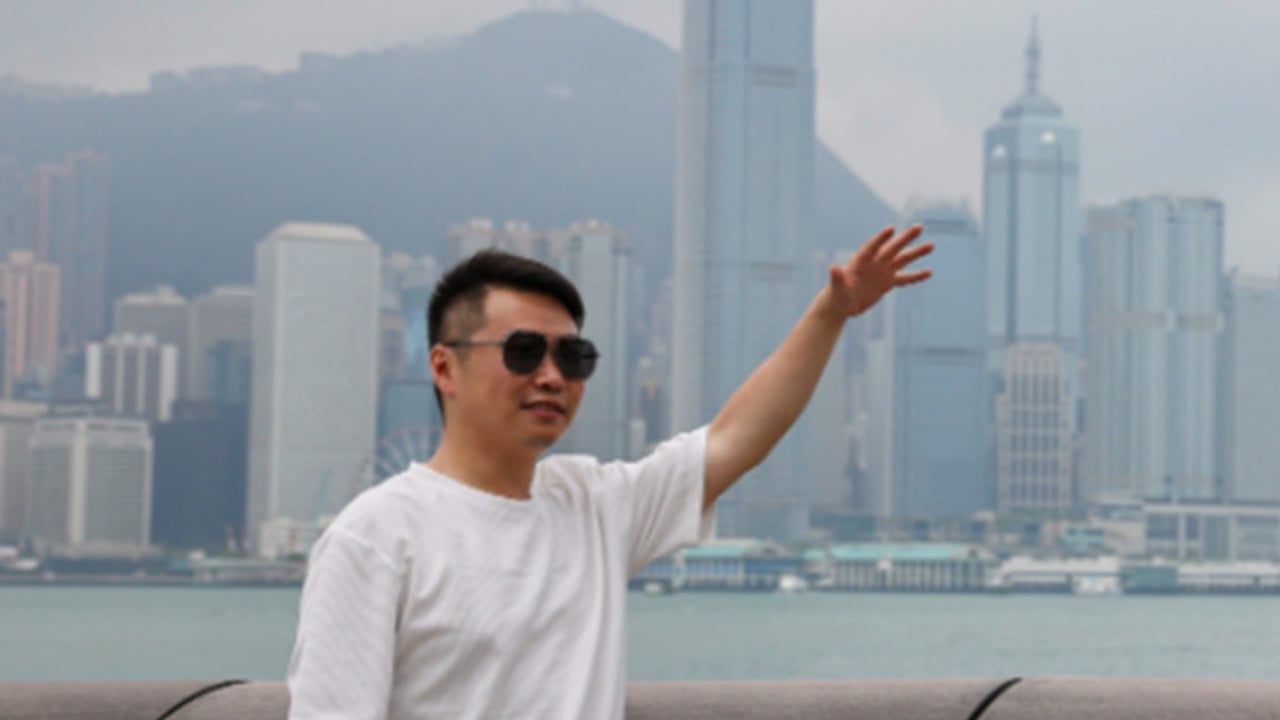
Duty-free hub Hainan’s May Day holiday retail sales fall flat in first post-pandemic test for ‘China’s Hawaii’
- The tourist island at the southern tip of China saw weak retail sales during the country’s first ‘golden week’ since Covid restrictions were axed
- Hopes are high among some investors, nonetheless, as China aims to turn Hainan into the world’s largest free-trade port by 2025
During the recent “golden week” holiday, Hainan’s retail revenues came to 883 million yuan (US$127 million), marking an 11.1 per cent drop compared with 2021, the year the island dubbed “China’s Hawaii” hit its peak sales.
Beijing hopes to transform it into an offshore financing and duty-free shopping mecca, in a move that would make it competitive against the likes of Hong Kong and Singapore.
Furthermore China’s economy, severely damaged by three years of rolling Covid-19 lockdowns and other measures, is still far from making a full recovery, and this in turn may have had an impact on consumption.
Hainan became a magnet for Chinese tourists, particularly wealthy ones, in 2021, as domestic travel was permitted at a time when international trips were nearly impossible.
In that year the island’s retail revenue skyrocketed to 993 million yuan, a more than six-fold increase compared with 2019, before the pandemic.
China’s consumer price index (CPI) rose by only 0.1 per cent in April from a year earlier, according to the National Bureau of Statistics (NBS).
“The three years of the epidemic have led to a more rational consumer and a weakened willingness of the middle class to spend on luxury goods,” Zhou said.
China’s duty-free companies made huge price cut in 2021, which made them less profitable. They have therefore gradually increased prices and made them less attractive to consumers and, crucially, to “daigou” shoppers.
The resumption of international travel resumes, enabling daigou in other places will also weaken the price advantage in Hainan.
But despite this year’s less than stellar performance, by 2025 all goods on the island should be duty-free, giving investors hope.
Luxury goods giant LVMH recently said it has a great interest in Hainan’s customs establishment, and will consider participating more in the market.
Zhou said that as the government makes progress with the establishment of Hainan’s duty-free zone, the resort’s business performance will only improve.
“Hainan island, especially Sanya, as long as tourism-related products and services remain high quality and innovative, and strong tourist traffic continues, the retail performance in duty-free stores will maintain their growth trend,” he said.


